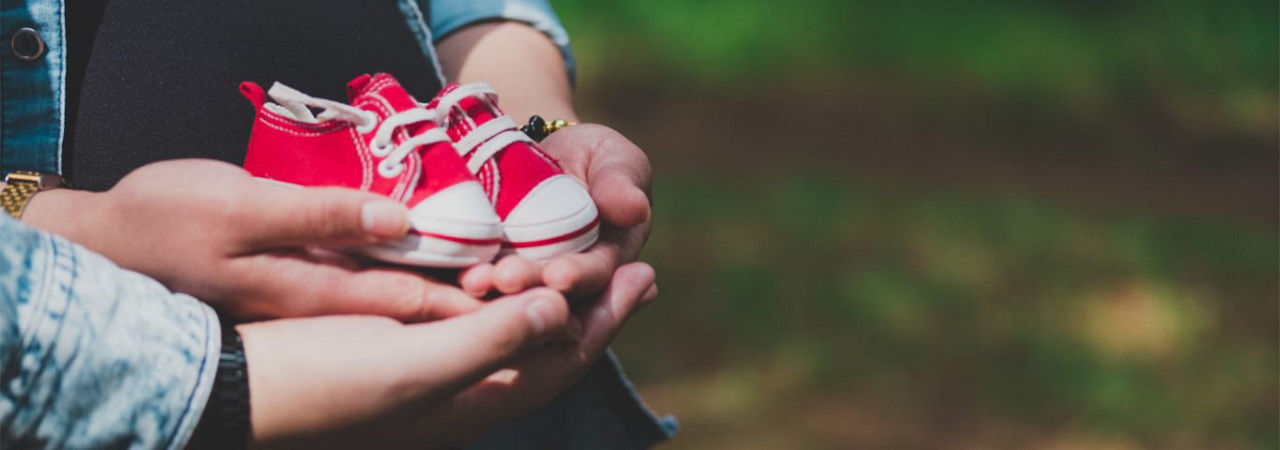Breastfeeding is the best for babies and a healthy diet / maternal nutrition is important when breastfeeding. A decision not to breastfeed can be difficult to reverse. Infant formula is suitable from birth when babies are not breastfed. It is recommended that all formula milks be used on the advice of a doctor, midwife, health visitor, public health nurse, dietitian, pharmacist, or other professional responsible for maternal and child care and the financial implications should be considered. All preparation and feeding instructions should be followed carefully as inappropriate preparation could lead to health hazards.
Spotting, Bleeding & Discharge During Pregnancy
What is pregnancy spotting?
Pregnancy spotting looks like a very light period and is actually reasonably common during the first trimester. It may be a release of blood caused by the fertilised egg attaching itself to your uterus wall.
Spotting with other symptoms could be a sign of something serious, either a miscarriage or an ectopic pregnancy, which is why it’s always best to contact your doctor if you notice any bleeding at any time during pregnancy.
During your third trimester it could be linked to premature labour, another reason to call your doctor or nurse as soon as possible. More often than not, they’ll give you the all clear but it’s definitely best to get it checked out, just in case.
Bleeding
Bleeding during early pregnancy can be worrying, but also surprisingly common.
In the very early stages of pregnancy, there can be a day or two of light bleeding as the fertilised egg implants itself. Later, as the placenta embeds in the uterine lining, it can also cause slight bleeding. Occasionally, women might experience a softening of the cervix which can cause bleeding during early pregnancy.
Pregnancy hormones cover up usual hormonal cycles, but variations in a cycle can still happen. As a result of this, some women notice bleeding at around the time they would usually have had a period.
Bleeding can also be associated with a vaginal or cervical infection or a polyp (a benign growth) and can also occur after intercourse. It’s always worth talking to your doctor about any bleeding you experience during pregnancy as an early scan may be necessary to try to identify the cause.
In the majority of cases the causes of early bleeding is never found but the pregnancy still continues to term with the birth of a healthy baby.
Increased discharge during pregnancy
If you’ve noticed extra discharge during your pregnancy, don’t worry – it’s completely normal. It’s caused by the increased blood flow to your vaginal area. This discharge is thin, white and not itchy. You may notice it gets heavier towards your due date – a good sign that your baby’s on the way.
Discharge can sometimes be a sign of an infection or thrush, especially if there’s an itching or burning sensation too. If that’s the cause, it’ll probably be thick, yellowish or green and might smell. The first thing to do is call your doctor, who will be able to check and help you treat it.
Coping with a heavier discharge
- Discharge is more often an annoyance rather than anything serious.If you are experiencing it, remember that it will pass once your baby’s born. If you feel it’s heavy or makes you uncomfortable in your underwear, use sanitary pads to absorb it (rather than tampons).
- Wash regularly with warm water but avoid perfumed soaps, which can aggravate any infection.
- Wear light, cotton underwear.
"


Ask Our Careline
Whatever’s on your mind, we’re here to help



